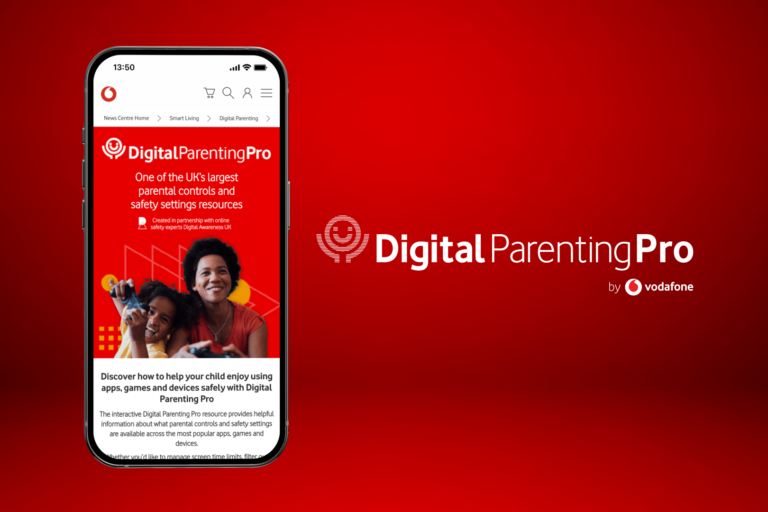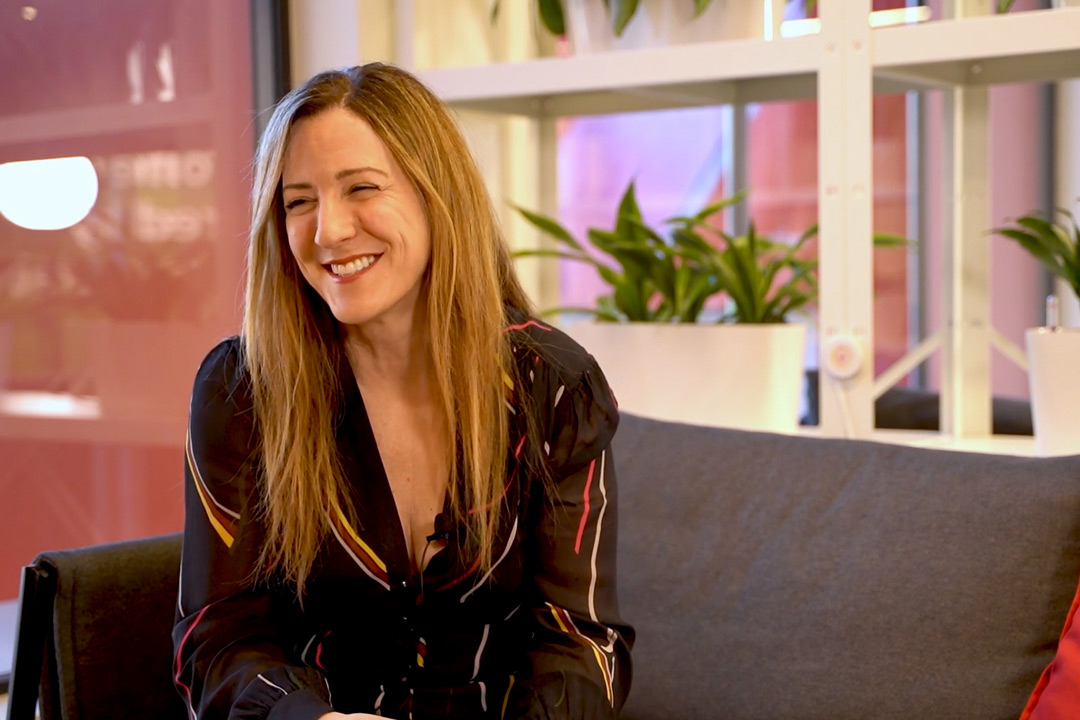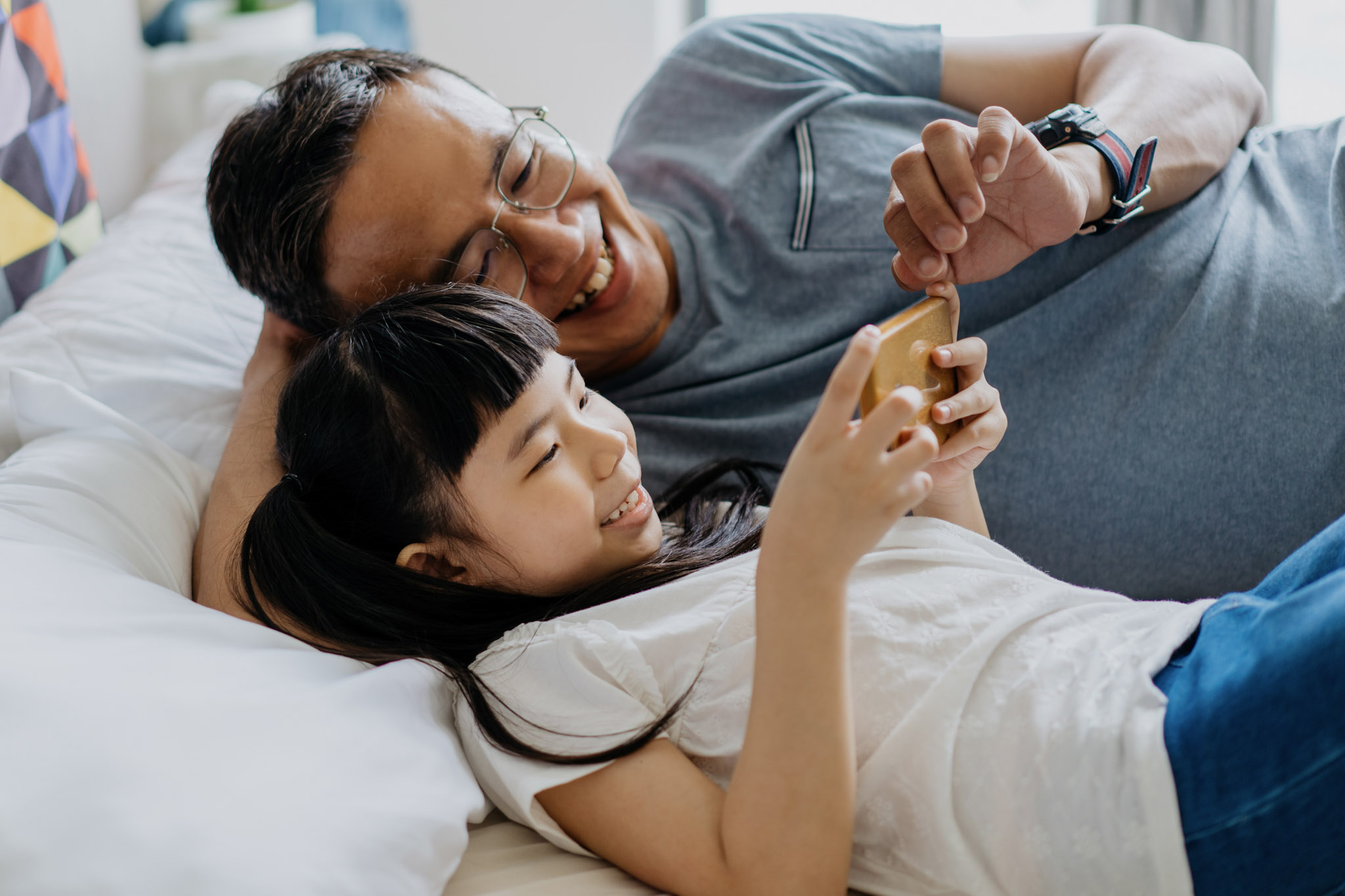If your house is locked in battles over screen time, you may be surprised by experts saying that spending a bit more time online may in fact be a good thing.
The internet is often portrayed as a dangerous place for kids. And indeed, Digital Parenting is full of advice for parents and carers about how to keep our children safe from the many undoubted online dangers.

But there is a danger we lose sight of the benefits the internet brings.
“It is likely that too much focus on the negatives and possible risks, rather than harmful effects, help dampen the focus on the real extent of the positive day-to-day experiences children and adolescents generally have online,” says Niamh Ní Bhroin, a researcher at the University of Oslo.
Ms Ní Bhroin has been grappling with a puzzle.
Norwegian children and adolescents spend more time online than those in any other European country. Yet – surprisingly, perhaps, for parents used to agonising over the hours our children spend on screens – they also regularly score among the very highest when it comes to their self-reported wellbeing.
But if screen time is not uniformly harmful to our children, what makes some usage a positive influence for some children, and other options harmful?
Ms Ní Bhroin has been trying to answer this question. The analysis she produced with colleagues (subsequently published in the journal New Media & Society) focused on 1001 children, aged between nine and 16, who were interviewed about their lives on and off screen.
“In the survey, we asked children questions about their family, including whether and how their parents mediated their use of the Internet,” she says.
“We asked them about their family environment, too, by rating the truth of statements like ‘My family really tries to help me’. And about their school environments – how strongly did they agree with statements like ‘I feel safe at school’ for example.”
The major determining factors, when it comes to wellbeing, do not seem to be the hours spent online, or even what teens do while on screen. Instead: “Our findings indicate that, in a supportive family and school context, more time online contributes to more life satisfaction for children,” she says.
Why your teen's gaming habit could land them a better job
Parents often worry that their kids are spending too much time playing video games, but the latest research suggests that the skills they pick up from gaming could actually improve their employment prospects.
Vulnerabilities
This idea, that the same quantity or quality of screen time can impact different children in different ways, is not new.
In 2021, an Internet Matters survey of 14,449 children aged 11-17 found that of these, 6,500 self-identified as having one or more vulnerabilities – such as being in care, being autistic, or having an eating disorder.
It found that the UK’s two million most vulnerable children are seven times more likely to come to harm online than their peers.
Feeling the connection
And yet, even for these most vulnerable children, the survey suggests nothing quite so simple as ‘screen time is dangerous’. In fact, “while some vulnerable children struggle to identify when a relationship is not genuine, but manipulative or controlling”, that is not the universal experience.
“Connecting to others, feeling supported or finding people ‘like me’ are, on the face of it, very positive experiences,” the study’s authors state.
“Young people can feel connected and supported or feel they have found people with whom they fit in… Teens do help one another, and some are steered towards support groups by those caring for them.”
Anti-bullying: The online pile-ons for good
Meet the teens who are using peer pressure online for good, showing that allyship and advocacy are just as important in our virtual social lives as they are in real life.
Their findings resonate with parents and kids.
Stories abound of teens across the world who are improving the lives and prospects of their peers through digital means.
Ariana Sokolov, for example, was only 16 when she co-created Trill Project, an app that promotes mental health awareness amongst LGBTQ+ teens.
Anne Li was the same age when she and her friends founded Allgirlithm, a tech organisation dedicated to encouraging more girls to get involved in the founders’ own passion: computer science.
Meanwhile, Briton Amika George was just 17 when she started the Free Periods movement on Instagram, to ensure that girls her age would no longer miss out on school for lack of access to menstrual products.
In January 2020, she won. The government decided to provide schools with free sanitary products. Ms George now has an MBA.
‘We need parental controls to protect our kids, but we also need to talk’
As Vodafone UK launches Digital Parenting Pro, a content controls hub for parents and carers, Nicki Lyons, Chief Corporate Affairs & Sustainability Officer, reflects on how resources like this can protect kids from unsuitable content and help families have more informed conversations around online safety.
In Internet Matters’ survey, around 69% of all teens (vulnerable or otherwise) agreed that: “My online life has made me feel supported and connected to people”.
And while 62% of teens with no vulnerability agreed that “the internet ‘opens up lots of possibilities for me’,” that figure rose to 86% of autistic teenagers in the survey, and 82% of those with learning difficulties.
Inside, outside
A Danish study of 11-15-year-olds has found evidence to counter the received wisdom that screens are responsible for children spending less time outside.
Its results suggest that children’s ownership of phones gives parents a sense of security, resulting in more freedom to roam independently.
Children also reported that phones enhanced their experience of being outside, through listening to music and keeping in touch with parents and friends.
Sometimes, it seems, with the right support, screen time makes kids safer, healthier and even happier.
Stay up-to-date with the latest news and features from Vodafone by following us on Twitter and signing up for News Centre website notifications.


![Young woman waiting for job interview indoors [Adobe Stock] stock image of a young woman waiting for job interview indoors](https://www.vodafone.co.uk/newscentre/app/uploads/2024/06/2-Young-woman-waiting-for-job-interview-indoorsAdobe-Stock.jpg)

![black and white photo of a girl's face with smoke [Adobe Stock] an AI-generated stock image of a girl's face partially covered in smoke](https://www.vodafone.co.uk/newscentre/app/uploads/2024/05/black-and-white-photo-of-a-girls-face-with-smoke-Adobe-Stock.jpg)

![girl smiling confident voting at electoral college [Adobe Stock] stock photo of a girl smiling while confidently voting at a mock election](https://www.vodafone.co.uk/newscentre/app/uploads/2024/05/girl-smiling-confident-voting-at-electoral-college-Adobe-Stock.jpg)




![Portrait of school age boy sitting at kitchen table do not want to eat[Adobe Stock] stock photo of a young boy sitting at a kitchen table, refusing to eat the food in front of him](https://www.vodafone.co.uk/newscentre/app/uploads/2024/03/Portrait-of-school-age-boy-sitting-at-kitchen-table-do-not-want-to-eatAdobe-Stock.jpg)